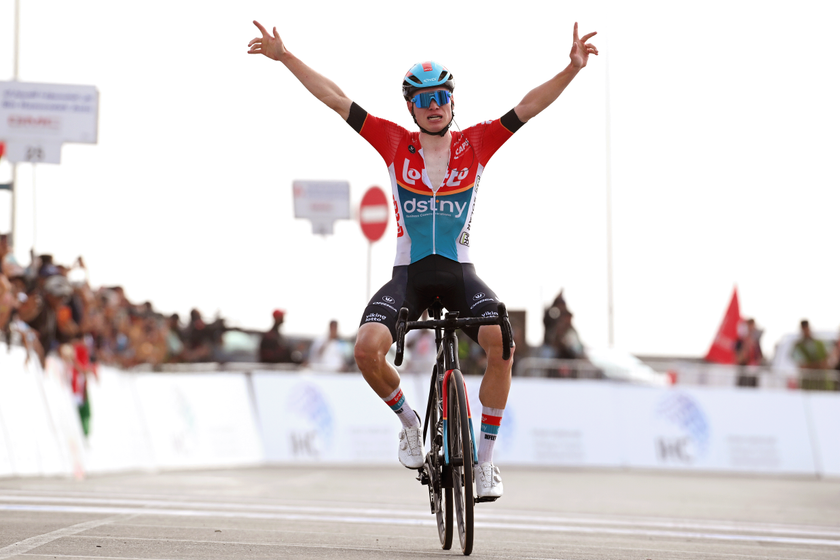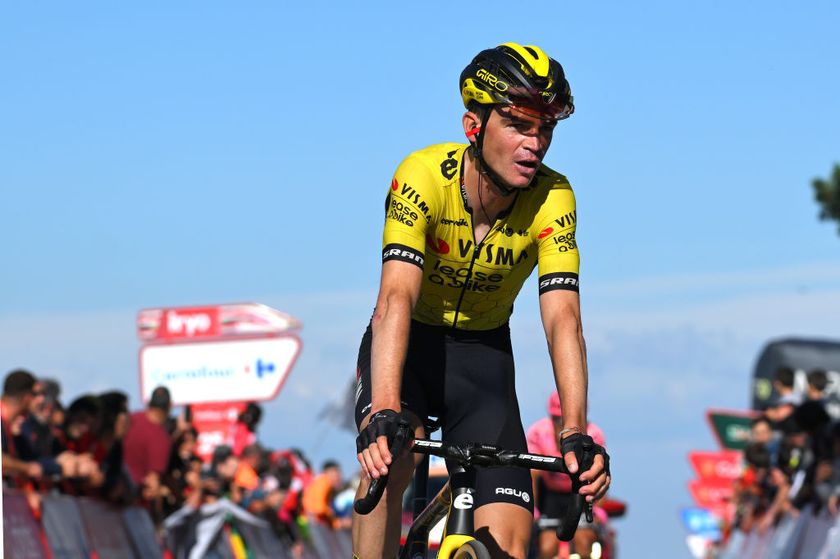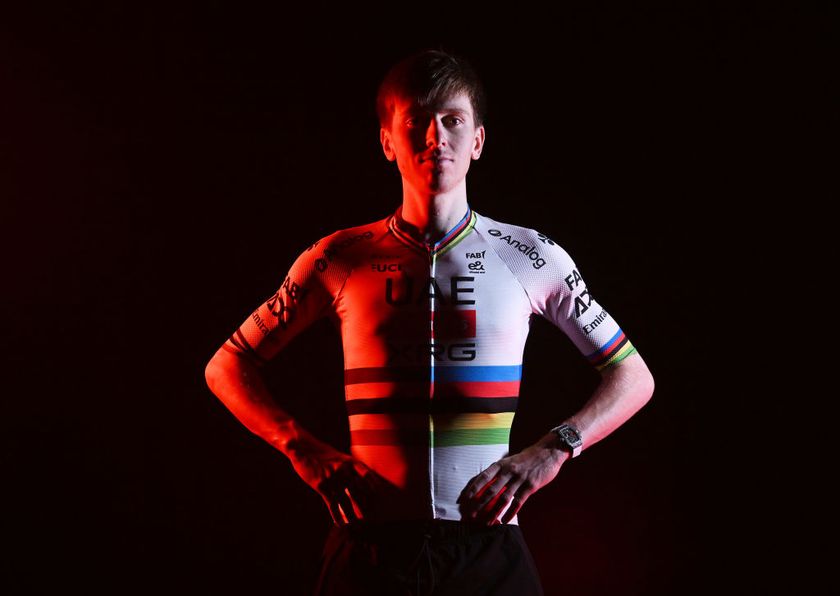Pirazzi and Ruffoni sacked by Bardiani CSF as B-samples come back positive
Team faces suspension under UCI rules


Stefano Pirazzi and Nicola Ruffoni have been sacked by the Bardiani CSF team after B-sample analysis confirmed that they returned positive doping tests ahead of the Giro d'Italia.
Both riders face lengthy personal bans from the UCI, while Bardiani CSF faces a team-wide suspension of 14-45 days under article 7.12.1 of the governing body's Anti-Doping Rules, subject to the decision of the UCI Disciplinary Commission.
"With reference to the official communication received from the UCI that confirms the positivity of the analysis of B samples belonging to Stefano Pirazzi and Nicola Ruffoni, Bardiani CSF Pro Cycling announces the start of the sacking process for both athletes, as established in team health rules and as part of the contract signed by all riders," read a statement from the Bardiani team on Friday.
"Bardiani CSF reserves the right to proceed with legal action against Pirazzi and Ruffoni to protect the image of the team and its sponsor."
It emerged on the eve of the 100th edition of the Giro that the Italian duo had both tested positive for GH-Releasing Peptides (GHRPs) in out-of-competition controls in late April, and they were provisionally suspended. The Bardiani team, an Italian Pro Continental outfit for which the Giro represents the most important three weeks of the year, started the race without them but did so under a cloud, with the prospect of not making it all the way to Milan and the end of the Giro.
There is over a week left in the Giro, though it is unclear how long the UCI's Disciplinary Commission will take to reach a decision on a team suspension. The UCI were not available for comment when contacted on Friday.
Giro d'Italia race director Mauro Vegni has held fire on expelling the team from the race, arguing that the decision lies solely in the hands of the UCI.
Get The Leadout Newsletter
The latest race content, interviews, features, reviews and expert buying guides, direct to your inbox!
Both Pirazzi, 30, and Ruffoni, 26, denied they had intentionally doped, though team manager Bruno Reverberi said it was "all rubbish that I've heard many times", leaving no doubt that they would be sacked, and possibly sued for damages, if the B-samples confirmed the original findings. "But how do you quantify damage like this?" he added.
Despite a team suspension looming, Reverberi insisted the responsibility lay squarely with two rogue individuals.
"I know the organisers are under pressure to send us home but it's not the team's fault. If someone can prove that I've advised my riders to dope, they can rip up my licence," Reverberi said in Gazzetta dello Sport on the morning of the first stage.
"I'm in bits, I feel like crying. I can only think of the sponsors who have never pressured us to get results, of the team staff and the other riders. I want to quit. Cycling is my passion, I'm 75-years-old and this is my 36th Giro d'Italia. What difference does an extra win or not make to me?"
GH-Releasing Peptides are classified as "Peptide Hormones, Growth Factors, Related Substances and Mimetics" in the World Anti-Doping Prohibited List 2017.
Ruffoni and Pirazzi are not the first cyclists to test positive for GHRPs. Colombian Maria Luisa Calle was banned for four years after testing positive for GHRP-2 at the Pan American Games in 2015. GHRPs have many of the same effects as growth hormone – enhanced recovery and lean muscle mass – but fewer of the negative side effects because they induce the body to create more of its own growth hormones.
If suspended, Bardiani-CSF will be the fourth team this year to be held from competition for multiple doping positives. Continental teams Team Elkov-Author Cycling and Team Pishgaman Cycling and the Pro Continental Soul Brasil team have all sat out race days this year.
Most Popular






